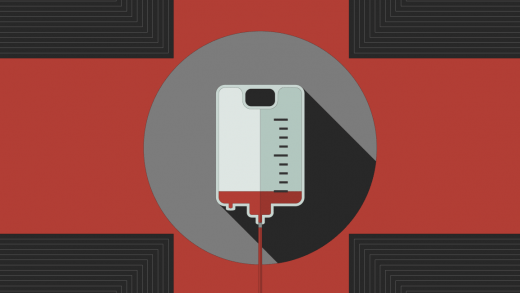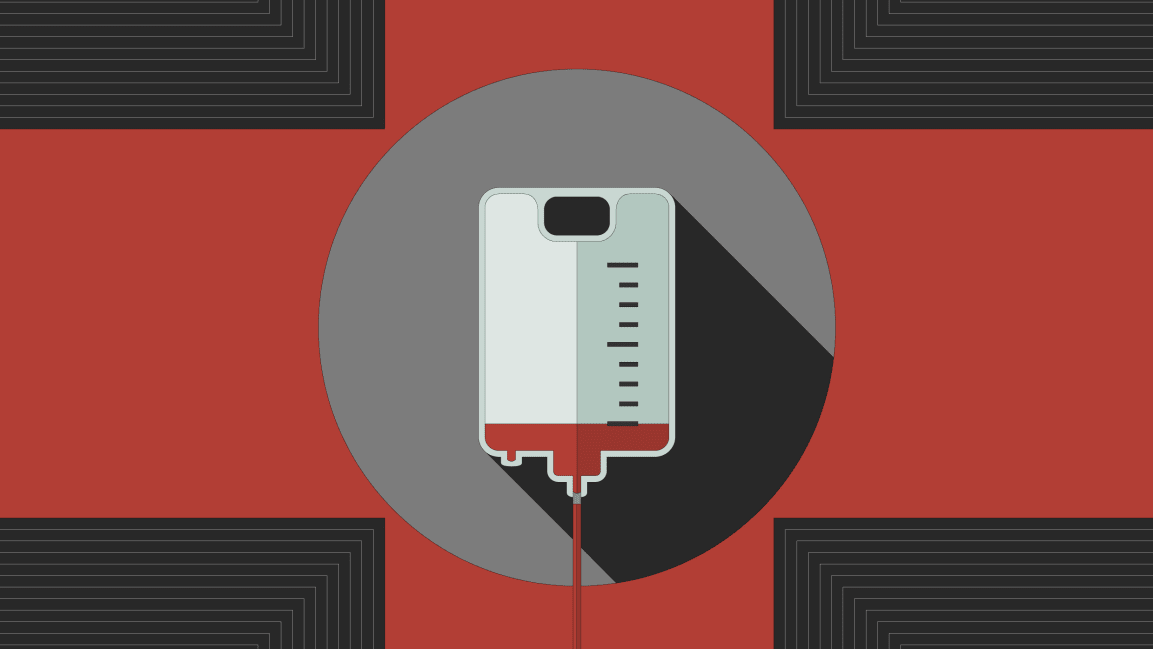People have stopped giving blood because of coronavirus—and we need more
Blood banks are running dangerously low since the onset of the coronavirus pandemic, prompting the American Red Cross to urge individuals to sign up to donate blood, to help combat the “severe shortage.”
Via a press release distributed today, the humanitarian organization notes that 2,700 of its blood drives have been canceled across the country through fears of contracting coronavirus from other people giving blood—translating to an estimated 86,000 fewer donations.
That could take a toll on people who are depending on transfusions. The statement mentions victims of car accidents, those awaiting surgery, and cancer patients as the people most in need, a refreshing reminder that amid all the coronavirus cases, other illnesses and emergencies still persist.
“As a nation, this is a time where we must take care of one another, including those most vulnerable among us in hospitals,” said Gail McGovern, president and chief executive officer of the American Red Cross, in the statement. “One of the most important things people can do right now during this public health emergency is to give blood.”
The Red Cross suggests that people are anxious about giving blood now due to fears of catching COVID-19 but maintains that “there is no data or evidence that this coronavirus can be transmitted by blood transfusion,” adding there have been no reported cases of this type of infection.
This message is reiterated by AABB, the American Association of Blood Banks, which posted on its website that “it remains safe to donate blood and attend blood drives.” And the Food and Drug Administration stated March 12 that the coronavirus does not pose any known risk to blood donors. “We need people to start turning out in force to give blood,” said Peter Marks, director of the FDA’s Center for Biologics Evaluation and Research.
Donors may be worried about safety at blood drives, in case of transmission through intimate congregations on college campuses and in schools and workplaces, where 80% of the organization’s blood supply originates. To address the understandable hesitation, the Red Cross is taking a number of new sanitary precautions at donation centers, including: checking temperatures of staff and donors before entering hubs; providing hand sanitizer during the process; disinfecting surfaces and equipment continuously; and spacing beds where possible, to comply with new social distancing norms.
At some medical centers, the reserves are close to depletion. Robertson Davenport, director of transfusion medicine at Michigan Medicine in Ann Arbor, says in the statement that there is only one day’s supply of blood left at that facility. “The hospital is full,” she says. “There are patients who need blood and cannot wait.”
(7)



